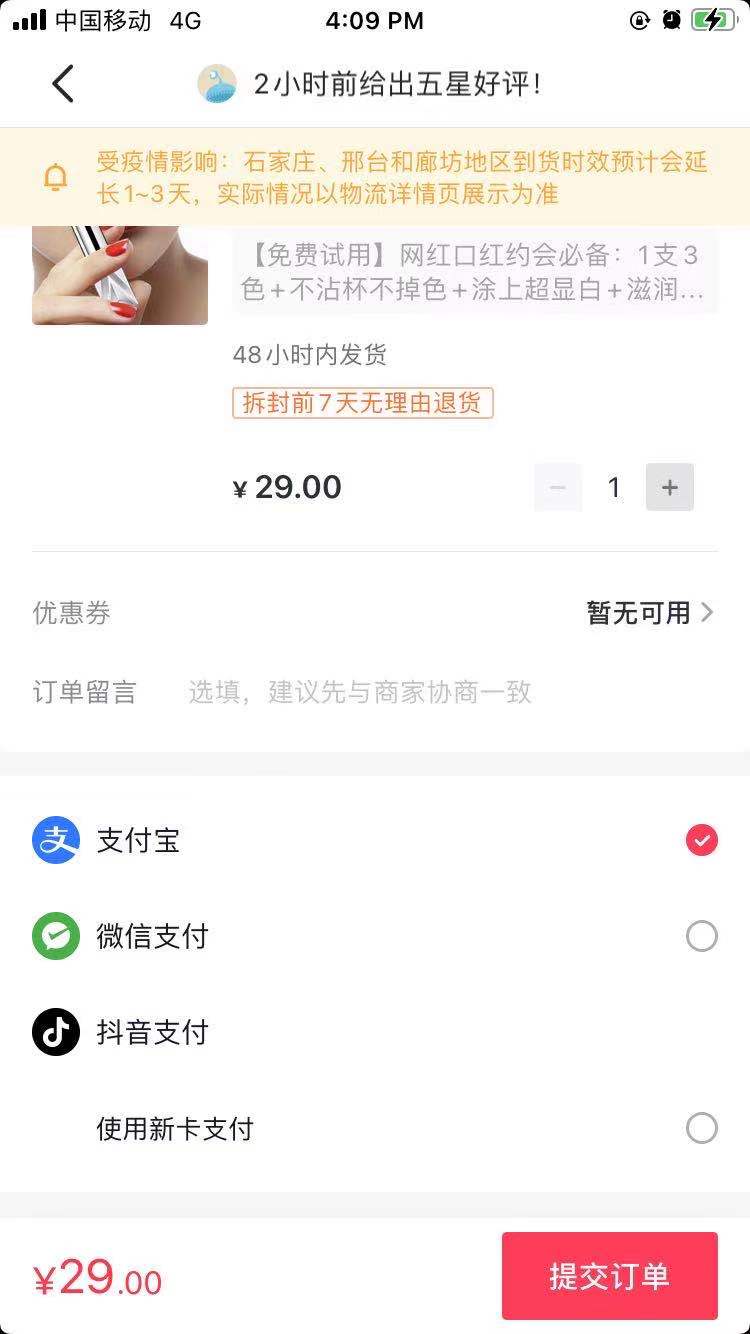News: PPRO nabs $180M at a $1B+ valuation to bring together the fragmented world of payments
The pandemic has hastened a shift of most commerce becoming e-commerce in the last year, and that has brought a new focus on startups that are helping to enable that process. In the latest development, PPRO, a London-based startup that has built a platform to make it easier for marketplaces, payment providers and other e-commerce
The pandemic has hastened a shift of most commerce becoming e-commerce in the last year, and that has brought a new focus on startups that are helping to enable that process.
In the latest development, PPRO, a London-based startup that has built a platform to make it easier for marketplaces, payment providers and other e-commerce players to enable localised payments — that is, make and take payments in whatever form local customers prefer to use, which extend well beyond basic payment cards — has closed a round of $180 million, funding that catapults PPRO’s valuation to over $1 billion.
PPRO (pronounced “P-pro”, as in payments professionals) plans to use the funding to continue expanding in newer markets.
Simon Black, PPRO’s CEO, said in an interview that two particular areas of focus in the coming year will be more activity in Asian countries like Singapore and Indonesia, as well as Latin America, where the company acquired a local player, allpago, back in 2019.
In both cases, the opportunity comes in the form of high growth stemming from more transactions moving online, as well as the chaos that is the fragmented payments market.
The capital is coming from a group of investors that includes Eurazeo Growth, Sprints Capital, and Wellington Management. It comes on the heels of a $50 million round the company raised last August from Sprints, along with Citi and HPE Growth; and a further $50 million it picked up in 2018 led by strategic investor PayPal.
PayPal, alongside Citi, Mastercard Payment Gateway Services, Mollie, and Worldpay are among PPRO’s 100 large global customers, which use the company’s APIs for a variety of functions, including localised gateway, processing and merchant acquirer services.
The flood of activity coming from consumers and businesses buying more online — a by-product of the pandemic leading to many businesses shutting down physical operations for the moment — has seen the company double transaction volumes between Q4 2020 and the same quarter in 2019.
PPRO is not the only company to be targeting that opportunity.
The fragmentation of financial services overall — where realistically, there is only handful of types of transactions that might be made (usually: deposits, payments, credit), but quite literally thousands of permutations and methods to make them, with specific markets and their populations typically coalescing around their own localised selections.
That has led to the rise of a number of companies providing what has come to be called “banking as a service” or “fintech as a service,” where a tech provider stitches together in the background a number of services, sometimes thousands, and makes it easier for their customers, by way of an API, to plug those services in for their own customers to use more easily, most often connected to a range of other services provided to them like money management.
Others in this wider space that includes payments and other fintech services include the likes of Rapyd, Mambu, Thought Machine, Temenos, Edera, Adyen, Stripe and newer players like Unit, with many of these raising large amounts of money in recent times in particular to double down on what is currently a rapidly expanding market.
The unique aspect of PPRO is that it was an early mover in the area of identifying the conundrum of fragmentation in payments for companies that operate in more than one country or region, and that it has continued to play only in payments, without a jump to adjacent services.
“We’re ultra focused because the local payments problem is actually growing,” said Black, who believes that “the disconnect between what a consumer wants to use, but also their appetite and the proliferation of payment options” all contribute to more complexity (with the trade-off being more choices for consumers, but equally possibly too much choice?).
As Black sees it, the company’s focus on payments has given it more momentum to build better tech specifically to address that globally.
“PPRO is building solutions for performance in industrial strength. It’s growing rapidly because there are no other players that are truly global. We are globalizing to support the needs of customers who want to nationalize, so we have an opportunity to focus on payments, to be a strategic outsource partner.”
This doesn’t mean that there isn’t room for product expansion: alongside payments, Black highlighted product compliance and providing better analytics as two areas where the company is already active and will be doing more for customers.
“Where we partner and provide value is in anticipating changes in consumer demand,” he noted. “We monitor how customers are using those methods and — whether you are are service provider or furniture or travel company — determine which are the best relevant payment methods.” Services like open banking, tools for banks to enable allowing payments directly from customers’ accounts, or buy-now-pay-later payments, are examples, he said, of areas that speak of further opportunities.
“We are delighted to support Simon and the team at PPRO as they continue to develop best-in-class local payment solutions,” commented Nathalie Kornhoff-Brüls, Managing Director at Eurazeo Growth, in a statement. “All signs for the future indicate that digital commerce, and even more so cross-border commerce, will continue to grow exponentially while innovation in payment methods remains strong. As a result, facilitating local payments is becoming increasingly complex. Payment service providers, however, no longer have a choice as merchants and their customers are pushing for the adoption.”
“PPRO has proven to be the go-to problem solver in this area, providing the local payments technology and expertise that the world’s biggest payment players rely on. Our investment reflects our confidence in the growth potential for PPRO and we’re excited to support PPRO and its team on their journey,” added Voria Fattahi, a partner at Sprints Capital, in a separate statement.


 Be it WhatsApp, Facebook or any other digital platform they are free to do business in India but it should be done in a manner without impinging upon the rights of Indians who operate it. The sanctity of personal communications needs to be maintained:
Be it WhatsApp, Facebook or any other digital platform they are free to do business in India but it should be done in a manner without impinging upon the rights of Indians who operate it. The sanctity of personal communications needs to be maintained: 


